Faculty of Asian and Middle Eastern Studies
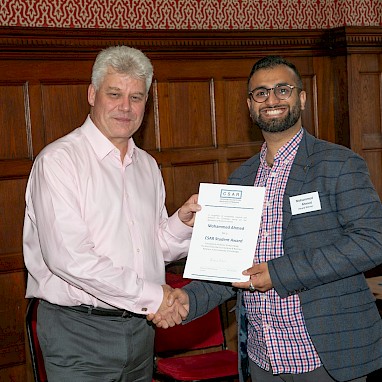
From 2015-18, I completed a BA (Hons) in English and History at the University of Southampton, specialising in English Romantic poets and the emergence of Islam and its engagement with Judaism and Christianity. I then completed a PGCE in English, and taught at secondary and sixth form levels. Meanwhile, I opened a centre in Southampton dedicated to tutoring Maths, English and Science to young people from disadvantaged backgrounds. In 2019, I matriculated at St. Edmund's College, and began my MPhil in Muslim-Jewish Relations. In 2020, I began a PhD in Muslim-Jewish relations, and hope to submit by the end of this year. During my time at St. Edmund's College, I was heavily involved in the CR, having been Vice-President during the Covid pandemic. I have also been involved in Woolf Institute activities including: presenting my research at royal visits with HRH The Princess Royal (2022, 2023); being part of an inter-faith delegation to Istanbul (2022) where we discussed with Archbishop Bartholomew, Head of the Orthodox Church and Rabbi Ishak Haleva, Chief Rabbi of Turkey; being part of a UK inter-faith delegation where we discussed with the Chief Rabbi of the UK and the Archbishop of Canterbury, and other such initiatives. I find these encounters personally enriching, intellectually stimulating and valuable for creating a harmonious society for all.
My research was inspired by understanding why Islam and Judaism are so similar. In this vein, my MPhil focussed on the Constitution of Medina, an early declaration by Muhammad and his companions that promised the Jews of Medina equal rights, freedom of religion and membership of the umma - Islam's first nation. My PhD thesis seeks to understand why later Islamic texts (unlike the Qur'an and Constitution of Medina), present early Muslim Jewish relations as fractured, confrontational and divided. Thus, my main source materials consist of the Qur'anic commentaries of Muqatil (d. 767 CE), al-Tabari (923 CE) and Ibn Kathir (d. 1373 CE), which I translate and analyse - and seek to understand how these commentaries understand certain Qur'anic passages on Jews. Such analyses are useful for understanding how religions (and in this case Islam) define themselves vis-a-vis predecessor religions, and how they use these other groups as literary tools in their literature. This strand of research also aids inter-faith discussions pertaining to whether polemical criticisms of other religious groups have a legitimate textual basis, or whether they are simply repeated by scholars of said religion and internalised by the religious community at large.
Here are two of Mohammed's publications, with open-access:
https://www.mdpi.com/2077-1444/13/6/535
https://www.tandfonline.com/doi/full/10.1080/09503110.2022.2154564
Other 2023 award winners

Stephen Ajadi
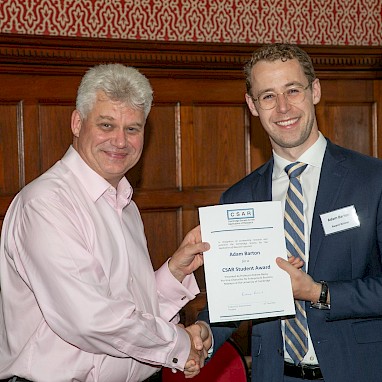
Adam Barton
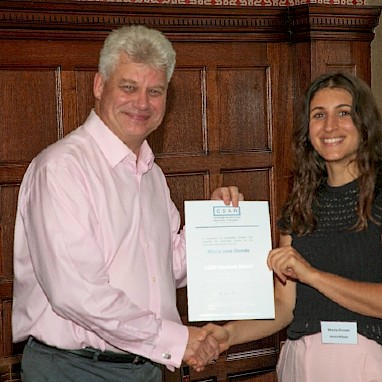
Maria Donde
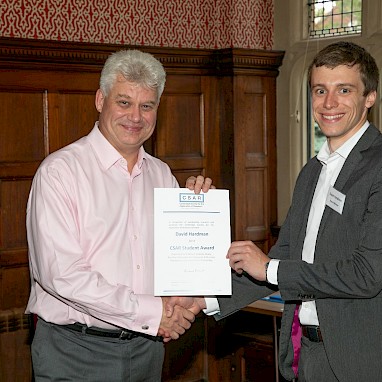
David Hardman
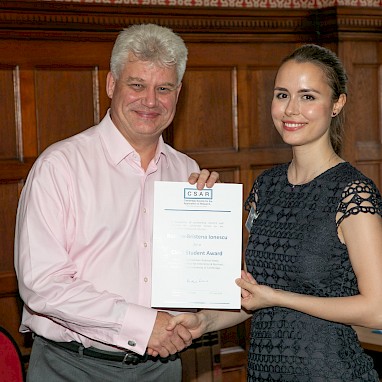
Rosana-Bristena Ionescu
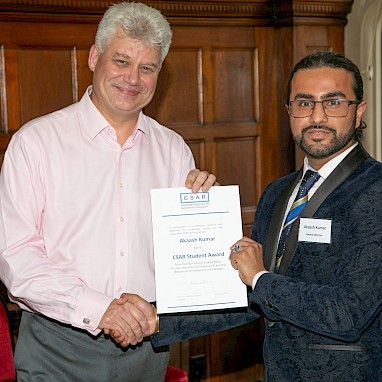
Akaash Kumar
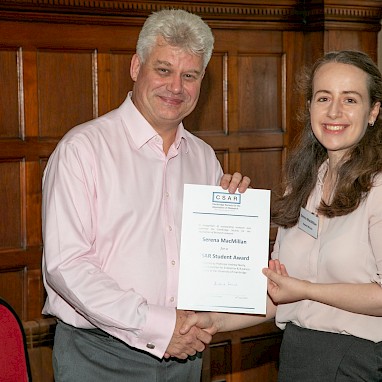
Serena MacMillan
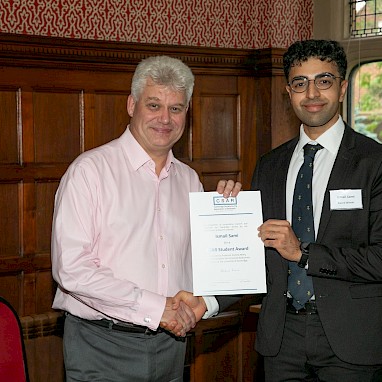
Ismail Sami
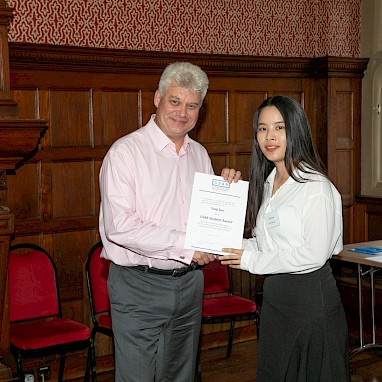
Yuqi Sun
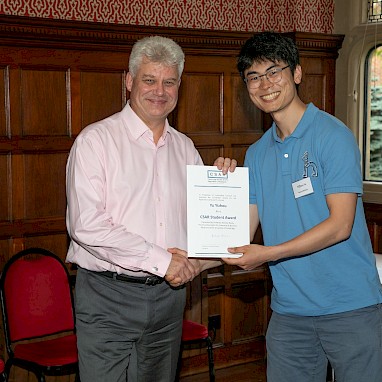
Yizhou Yu
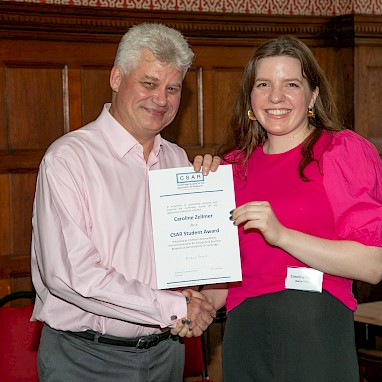
Caroline Zellmer